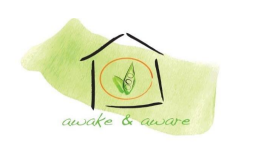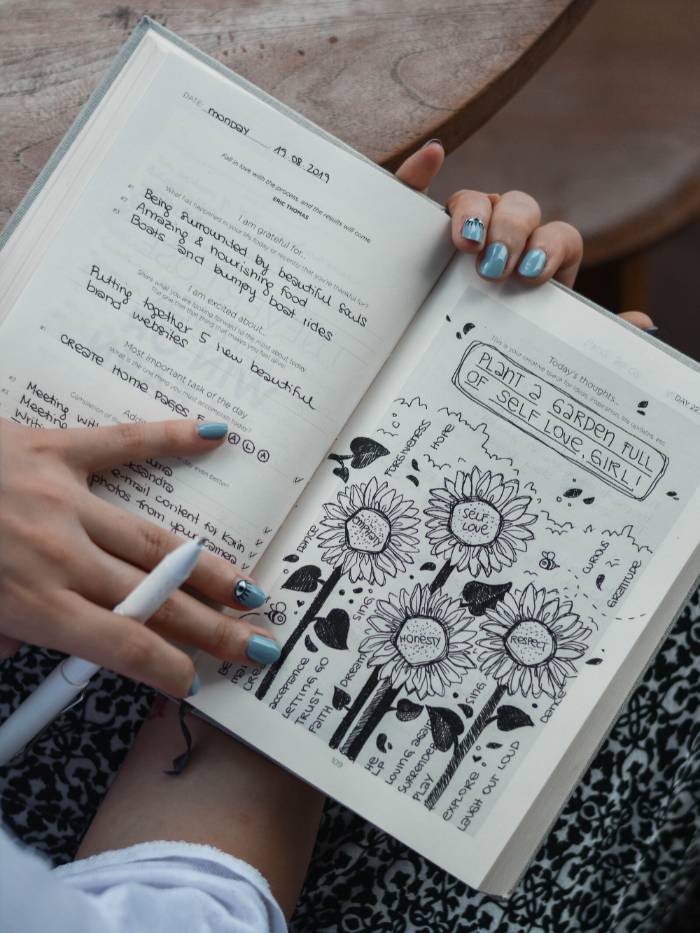
Depression
If this is a mental health emergency, please call us at our office number during regular work hours x6619 or call campus police after hours at x5555.
Depression is more common than we believe. It is said that one in five people suffer from a mental illness, and about 17.3 million adults in the United States had depression in 2017. Depression can happen to anyone, and most often can come and go. Below we have included warning signs that you or a loved one may be experiencing depression as well as resources.
Dialectical Behavior Therapy Available Now!

Awake and Aware, LLC located in Albuquerque, provides a dialectical behavior therapy (DBT) program to adolescents, families, and adults via tele-health.
What is DBT?
DBT is an "evidence based, cognitive behavioral treatment and emphasizes individual psychotherapy and group skills training classes to help individuals learn and use new skills and strategies to maintain emotional health. "
Who can benefit from DBT?
Adolescents, families, and adults presenting with "acute depression, anxiety, loneliness, increased substance use, anger and even self-harming behaviors or suicidal ideation, or attempts" are most suited for this type of program.
What do I need to do if I want to join the program? Do I need insurance?
If you have any interest in this program, feel free to reach out the intake manager of Awake and Aware, LLC at 505-503-7946 Ext. 134 about questions you have such as initiating an intake. They accept BCBS and Presbyterian Centennial (Medicaid) insurance, as well as BCBS and Presbyterian commercial plans, Molina Marketplace, Friday Health Plan and True Health.
Informational Flyer:
Depression and the Brain
Common Signs of Depression
What Can YOU do to Reverse Depression?
Here are 4 things you can start implementing in your day to help improve your mood:
- Exercise - even as little as 30mins of moderate exercise 3 times a week has been shown to
improve mood.
It has been proven that exercise can actually decrease the likelihood of developing depression. The Harvard Medical School found a 26% decrease in likelihood of developing a MDE(major depressive episode) with objectively measured exercise.
- Eat three meals a day
- Stay Hydrated
- Get enough sleep
Sleep affects memory, learning, and cognitive function. A person who does not sleep enough can become affected negatively, which includes your mental health.
Read more about these findings here.
Ecotherapy

Ecotherapy is a practice used to heal mental health through nature. It is believed that when our bodies are isolated from direct contact with nature, we begin to develop mental health issues. By spending some time in nature, our relationships with mother earth is replenished.
Ecotherapy Activities include but are not limited to:
- Physical Exercise in Nature: Take a walk, jog, do yoga, go biking, etc. This can reduce stress, anxiety, and anger.
- Nature Meditation: Do meditation outside in a natural setting and meditate about the connections you have to the nature that surrounds you.
- Horticultural Activities: Participate in using plants and/or garden activities to heal your mental health. This includes digging soil, planting seed, etc.
- Animal-assisted Therapy: Introduce two or more pets into the practice. This can be something like petting or playing with a dog, to reduce stress and agitation.
- Conservational Activities: Participating in the restoration of the natural environment can bring feelings of purpose and hopefulness.
For more information click here, or learn about its aid on depression here.
Positive Affirmation Meditations
Positive affirmations can help you release negative thoughts and challenge your negative self-talk. When you repeat something over and over again, you begin to believe it. So, why not tell yourself positive, healthy messages instead! If you start to incorporate positive thoughts and affirmations, it can help you let go of negative emotions and stress, etc. Below we have included morning and evening affirmation meditation videos.
Daily Journaling
Journaling is a way to sort through thoughts, prioritize problems, identify triggers, document your mood day to day, etc. You don't even have to purchase a special journal to do this (unless you want to). Any old notebook will do! Here are a few different types of journals you can keep:
- Gratitude Journal: Write what you are grateful for on a daily basis. Read more about it here.
- Art Journaling: Express your thoughts through your preferred art medium. Read more about it here.
- Bullet Journal: This type of journal is more like an agenda, but really you can make it become anything you want it to be. You can doodle, write, etc. Read more about it here.
- Unsent letter Journaling: Write letters to express how you feel. You can write anything you want. Then, after writing the letter(s), you destroy them. Read more about it here.

If you are doing a bullet journal, it may be helpful to add a mood tracker and habit tracker. Here we have provided you with a a couple that you can print out.
Depression and Sleep
Often times, the things we are currently going through can stop us from getting enough sleep. If this somewhat is something you're struggling with, go to our sleep page for more tips on getting the rest you need.